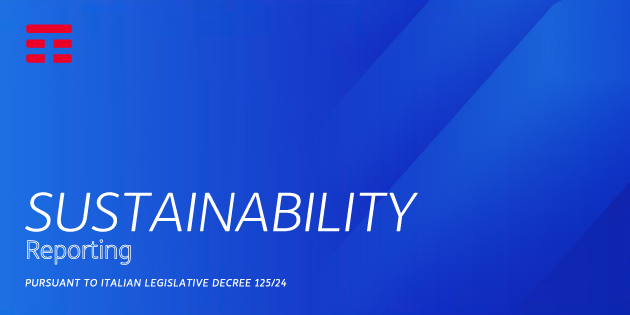The Q2 2022 results, presented to the market on 4 August, confirm that TIM is on track to meet its objectives for the year and, in some cases, even surpass them.
This has been achieved thanks to actions to stabilise and relaunch the domestic business and accelerate the development of TIM Brasil which are starting to bear fruit.
In the consumer market in Italy, we maintained the premium positioning strategy “Value vs. Volume”, limiting promotional activities in fixed line and mobile sectors as much as possible, despite the fact that the competitive environment remains challenging. Meanwhile, in the business market TIM Enterprise confirmed the strong growth already recorded in previous quarters. We also continued to implement the cost containment plan, reaching about 70% of the target set for the whole year in the first six months.
In Brazil, the integration of Oi's assets as of May provided a further boost to TIM Brasil's already positive revenue and EBITDA trend.
Looking at the numbers more closely, Group service revenues amounted to € 3.6 billion, up 1.0% compared to Q2 2021: € 2.7 billion for the Domestic Business Unit (-4.8% YoY) and € 0.9 billion for TIM Brasil (+21.9% YoY).
The Group's organic EBITDA amounted to € 1.6 billion (-8.5% YoY): € 1.1 billion (-16.3% YoY) for the Domestic Business Unit and € 0.5 billion for TIM Brasil (+18.2% YoY).
At Group level, capital expenditure stood at € 0.9 billion, in line with targets and with a stable trend for Q2 2021 (-0.7% YoY).
The Group's net debt after lease as at 30 June 2022 stood at € 19.3 billion, up € 1.7 billion from 31 December 2021, mainly due to the payment for Oi's mobile assets and part of the spectrum in Brazil.
In recent months we have also strengthened TIM's competitive position through a series of strategic initiatives that will enable us to improve performance in the coming years.
These include the allocation of significant shares in all public tenders of the NRRP, the trade agreement with Open Fiber in white zones, the assignment of the contract to provide cloud service infrastructure to the public administration (National Strategic Hub) to the consortium to which TIM belongs, and, as recently as yesterday, the agreement with DAZN that makes TIM Vision's economic model more sustainable.
Additionally, a non-binding memorandum of understanding has been signed concerning the integration project between the TIM and Open Fiber networks, a first, important step towards realising the strategic plan we presented during Capital Market Day on 7 July.
At the beginning of the year, the company set itself demanding goals, to be achieved in what remains one of the most competitive and complex markets in Europe. The path ahead is certainly challenging, but these first steps make us confident that we are moving in the right direction.




